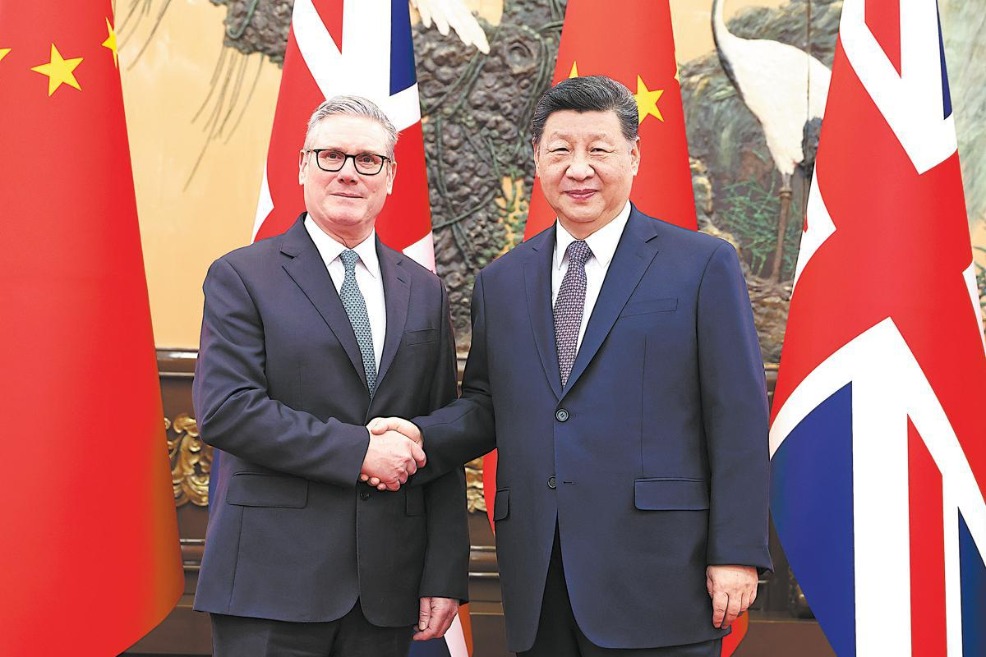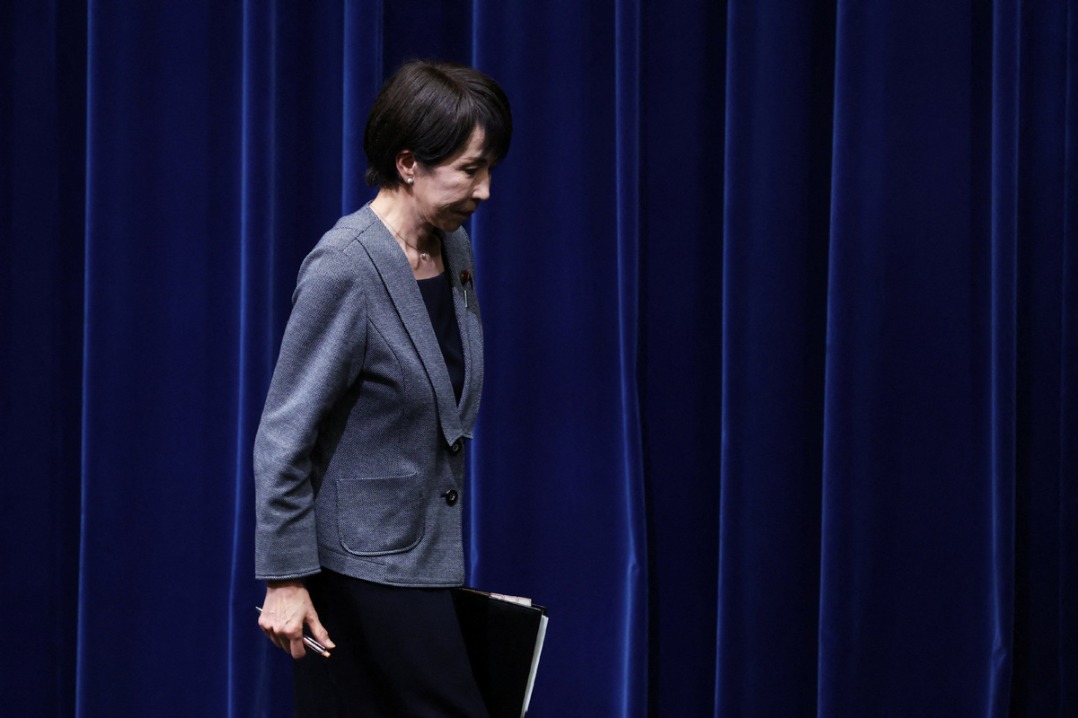Public goods that promote cultural diversity


Although their critics claim they are cultural invaders, Confucius Institutes instead act as windows and bridges
The United Nations Educational, Scientific and Cultural Organization member states unanimously adopted the Universal Declaration on Cultural Diversity in 2001, which states that "The cultural wealth of the world is its diversity in dialogue". Language teaching and cultural exchanges represent an organic part of promoting world diversity as well as an important channel to drive the common growth of all countries.
From this perspective, the Confucius Institute uses limited funds to put into practice the UNESCO declaration.
After more than 10 years of growth, the Confucius Institute has evolved into a global non-profit educational institution with the purpose of promoting Chinese teaching and cultural exchanges. Countries around the world have different evaluations of Confucius Institutes, but in general the praise outweighs the concerns. However, to their critics, the Confucius Institutes have played the role of "cultural invader" or seek "cultural expansion".
But with regard to establishing a Confucius Institute, the official procedure makes it clear that the application should be voluntarily submitted by the foreign side while the Chinese counterpart should express their willingness to conduct cooperation before both sides sign a cooperation agreement on the basis of full consultation.
The Confucius Institute also stipulates that the operation should be jointly operated by both foreign and Chinese partners, rather than independently operated by the Chinese side. Funds and teachers are also jointly managed by Chinese and foreign parties, which means that the Confucius Institute strictly follows the model of Sino-foreign cooperation in running schools. The budget implementation and operation will be reported after-the-fact in written form to the Beijing headquarters each year.
Also, the positions of chairman and dean of the institute are generally held by the foreign partner, and the vice-chairman and vice-president are generally assumed by the Chinese side.
I was once the dean of the Ritsumeikan Confucius Institute, the first Confucius Institute in Japan and one of the first in the world, due to the cooperation between Ritsumeikan University in Japan and Peking University in China in 2005.
The foundation and atmosphere of Chinese language teaching in Japan are better than those of European and American countries. Many universities already have relatively mature Chinese teaching courses. Therefore, although the Confucius Institutes in Japan introduce high-level teachers and volunteers in accordance with the agreement signed between the Sino-Japanese cooperative schools, the major teaching resources are still locals.
But due to the different social environments and legal restrictions of each country, the specific situation will be different. The foundation of Chinese teaching in Europe and the United States is relatively weak. Because of the shortage of local Chinese teachers, the local side will be likely to introduce Chinese teachers and volunteers from China.
Judging from these regulations and specific practices, Confucius Institutes can make some contribution to regional development. The Confucius Institute provides countries around the world with an international language and culture promotion model that is different from the precedents of other developed countries.
It is also the first pioneering experiment in how developing countries can use limited funds to promote their own languages and cultures, even cultural diversity in the world. In this way, it can be said that the Confucius Institute model is a global public good.
Given the current input and output effects, it can be regarded as a relatively successful win-win model, as it has set a good example for both developing and developed countries. For instance, if the Japanese government can support Japanese overseas teaching undertakings like Confucius Institutes in terms of funds, faculty and teaching materials, it is believed that the number of people studying Japanese in China will see an impressive increase.
However, the Confucius Institute is far from being perfect. As of August 2020, 541 Confucius Institutes and 1,170 Confucius classrooms had been established in 162 countries and regions around the world. At first, quantity is what matters, but the focus needs to shift to quality as things progress.
Issues such as how to enable each Confucius Institute to actively promote Chinese language and culture, and how to promote Chinese teaching in accordance with local conditions are all worthy of research and exploration. Each country has different conditions, culture and customs, and even different levels of Chinese teaching. Therefore, it is necessary to pay attention to country-specific solutions and avoid a one-size-fits-all approach.
Confucius Institutes cannot replace other Chinese teaching counterparts all over the world, nor should they compete with existing Chinese teaching systems. Instead they should play the role of "windows and bridges". To be specific, cultural exchanges and language teaching should act as the two wheels for pushing the institutes onward. At the same time, they should adopt a model that combines teaching with a business approach to achieve a virtuous circle and sustainable development.
Language teaching and cultural exchanges are a long-term process. While Chinese teachers are sent to teach knowledge and spread Chinese culture, they also learn from other cultures.
As The Analects of Confucius puts it: "A gentleman makes friends through his literary development and cultivation, and he promotes compassion and benevolence through making friends." I believe that living together with diversity and multiple ways of exchanges enables each Confucius Institute to be a bridge between China and the world.
The author is a professor at the College of Policy Science at Ritsumeikan University, the honorable director of the Confucius Institute at Ritsumeikan University and the director of the Research Institute of Global 3E in Japan. The author contributed this article to China Watch, a think tank powered by China Daily. The views do not necessarily reflect those of China Daily.


































